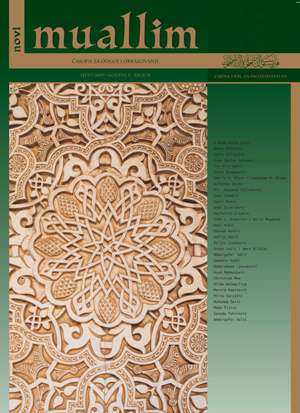ADMINISTRIRANJE ISLAMSKIH PITANJA: OPĆI UVOD I SLUČAJ BOSNE I HERCEGOVINE
Administration of Islamic Affairs General Introduction and the B&H case
Author(s): Christian MoeSubject(s): Politics / Political Sciences
Published by: Rijaset Islamske zajednice u Bosni i Hercegovini
Summary/Abstract: The administration of Islamic affairs in Southeast Europe offers lessons for Western Europe, where states often expect Islamic leaders to care for, represent, and control the Muslim population, while the latter also expects legitimacy and authoritative guidance. In the case of Bosnia-Hercegovina four different kinds of state, with different principles for minority protection, were heavily involved in shaping Islamic administration: a Muslim monarchy, Christian monarchies, the atheist socialist state, and state in transition to democracy. The Islamic Community, organised on a model similar to a national church, successfully adapted to these harsh and changing state-church relationships. It is also internally democratic and acknowledges the secular state. All this makes it an attractive model for study in the rest of Europe. However, it is under democracy that it may yet face its greatest challenge in the form of the open religious marketplace, where it has been slow to compete for market share in important sectors including women, youth, social work, fatwa-giving and charismatic religion. This is a revised and shortened version of the opening address for the Islam in South East Europe Forum (ISEEF)’s international conference “Administration of Islamic Affairs in Secular States: Southeast European Experience”, Sarajevo, 17–19 April 2009. A section on the structure of the IZ has been omitted
Journal: Novi Muallim
- Issue Year: 2009
- Issue No: 38
- Page Range: 101-110
- Page Count: 10
- Language: Bosnian

